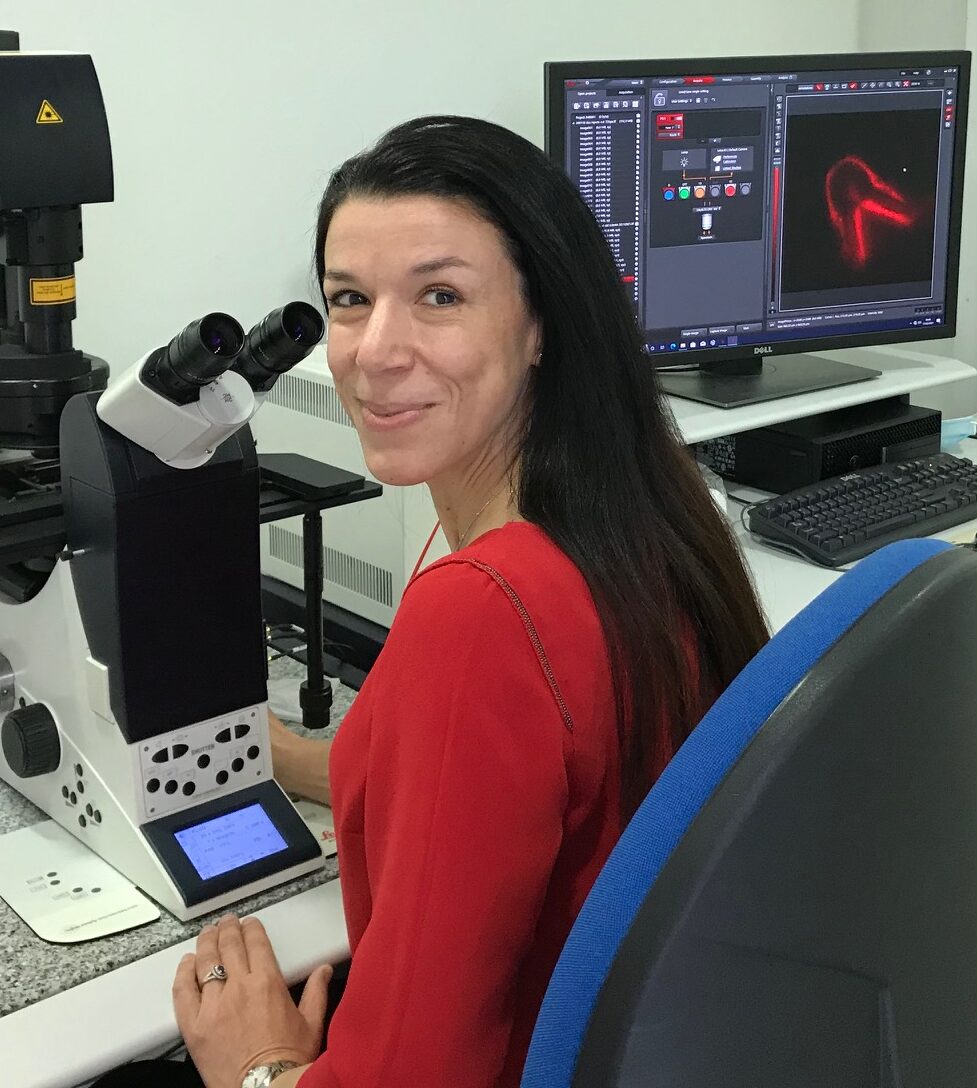

Farida DJOUAD (DR2/Inserm)
Audrey BARTHELAIX (IE/Inserm)
Grégory COLIN (IE/Inserm)
Krishna DAMODAR (IE/UM)
Julien GRELAUD (IE/Inserm)
Claire SOULARD (IE/UM)
Clara BERNARD (PhD student/Cifre)
Chloé COMBES (PhD student/UM)
Jholy DE LA CRUZ (PhD student/ENS/UM)
Mareike EIS (PhD student/UM)
Carolina PRADENAS (PhD student/UM)
Catalina ASENCIO (Post-doc/CHU)
Yalen DEL RIO (Post-doc/Inserm)
Noymar LUQUE-CAMPOS (Post-doc/Inserm)
Claudia TERRAZA (Post-doc/UM)
Regeneration
Musculoskeletal degenerative diseases
Osteoarthritis
Cell-based therapy
Acellular therapy
Zebrafish
Mouse embryo
Immune cells
Macrophages
Neural crest cells
Mesenchymal stem/stromal cells
